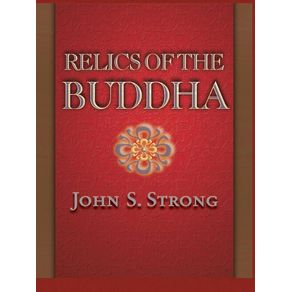Buddhism is popularly seen as a religion stressing the truth of impermanence. How, then, to account for the long-standing veneration, in Asian Buddhist communities, of bone fragments, hair, teeth, and other bodily bits said to come from the historic Buddha? Early European and American scholars of religion, influenced by a characteristic Protestant bias against relic worship, declared such practices to be superstitious and fraudulent, and far from the true essence of Buddhism. John Strongs book, by contrast, argues that relic veneration has played a serious and integral role in Buddhist traditions in South and Southeast Asia-and that it is in no way foreign to Buddhism. The book is structured around the life story of the Buddha, starting with traditions about relics of previous buddhas and relics from the past lives of the Buddha Sakyamuni. It then considers the death of the Buddha, the collection of his bodily relics after his cremation, and stories of their spread to different parts of Asia. The book ends with a consideration of the legend of the future parinirvana (extinction) of the relics prior to the advent of the next Buddha, Maitreya. Throughout, the author does not hesitate to explore the many versions of these legends and to relate them to their ritual, doctrinal, artistic, and social contexts.

